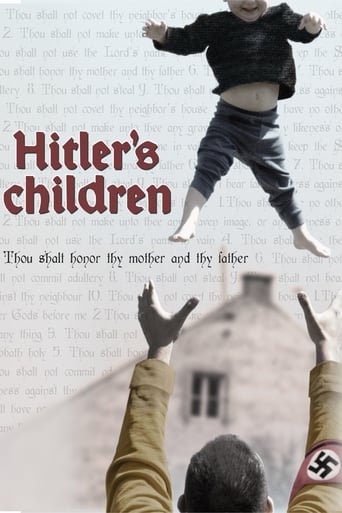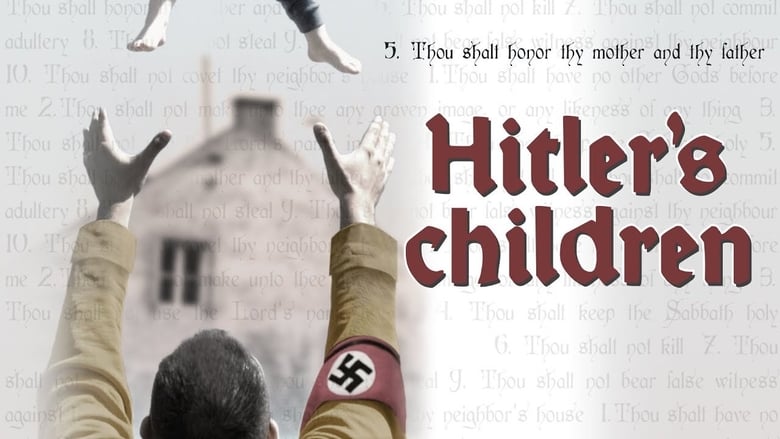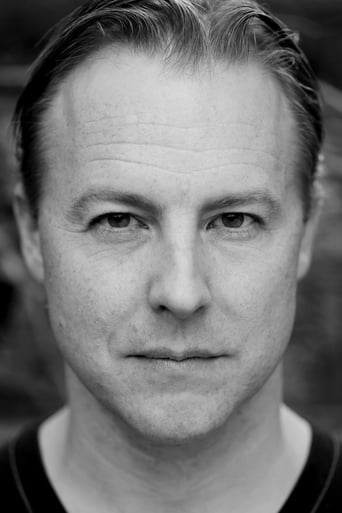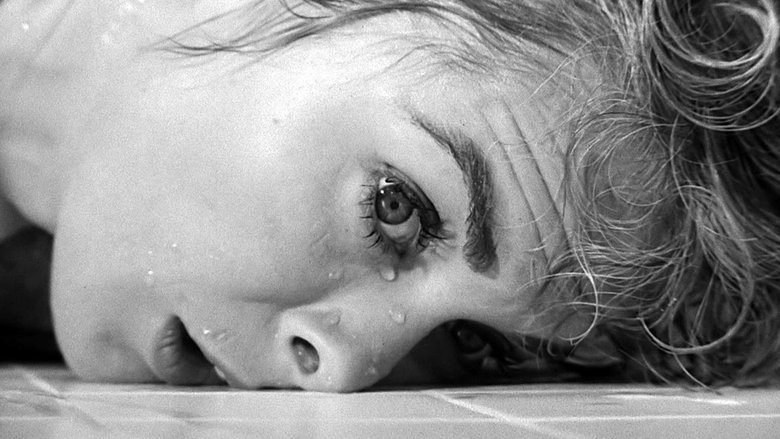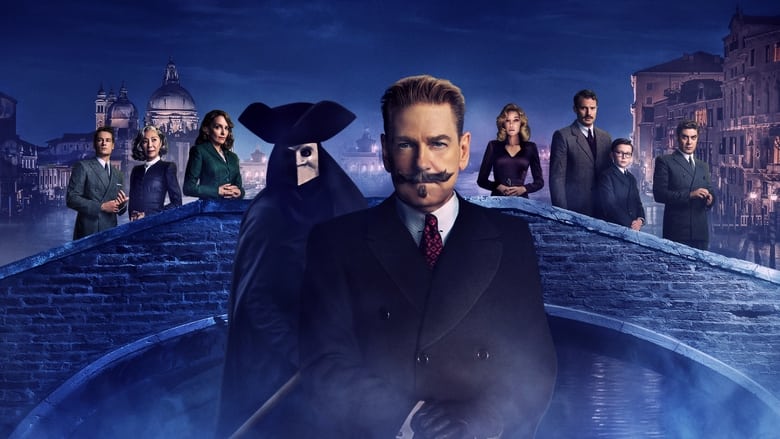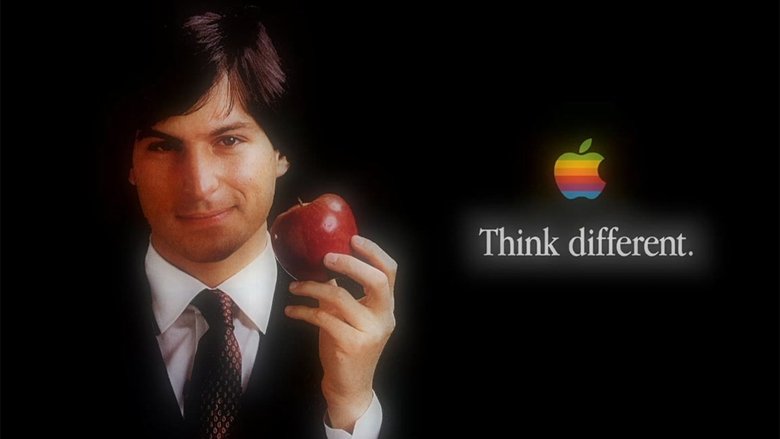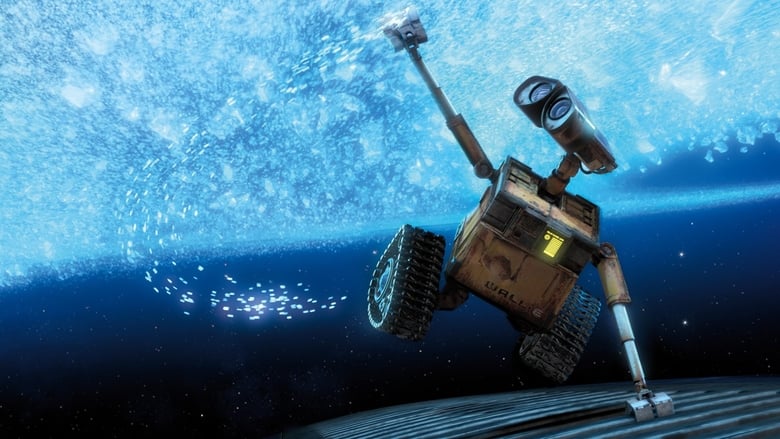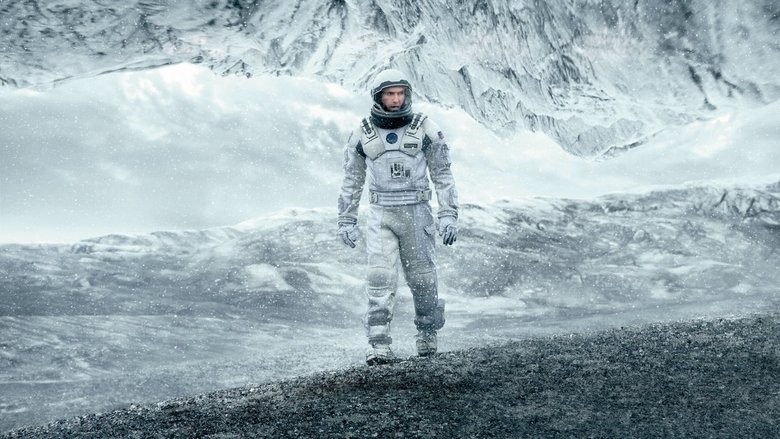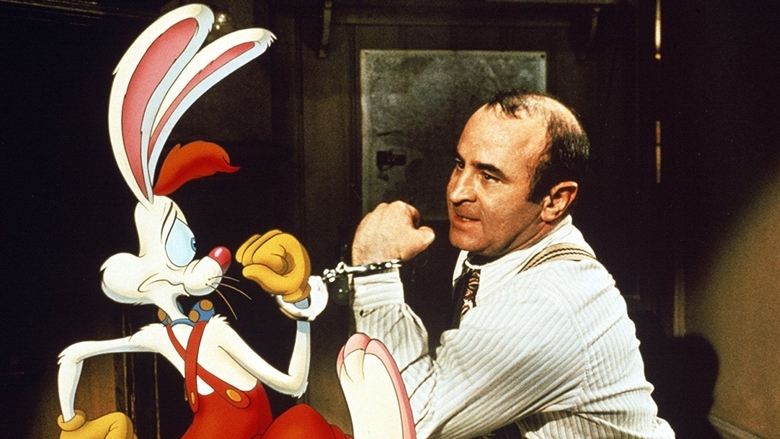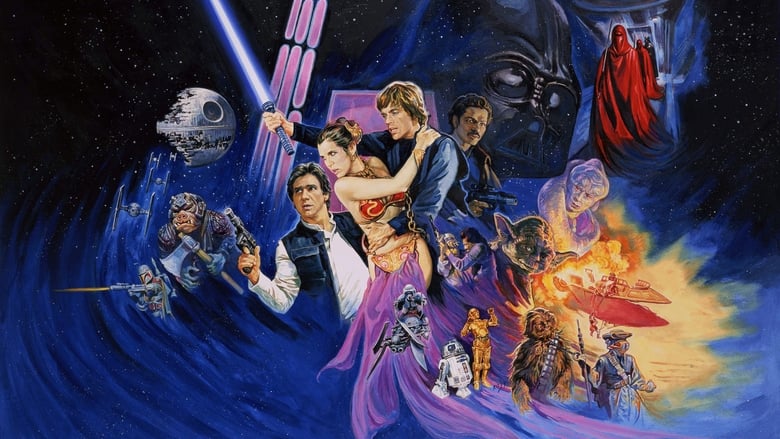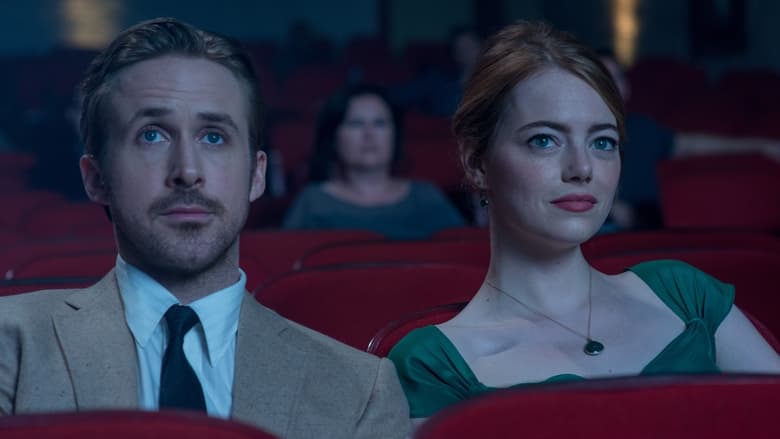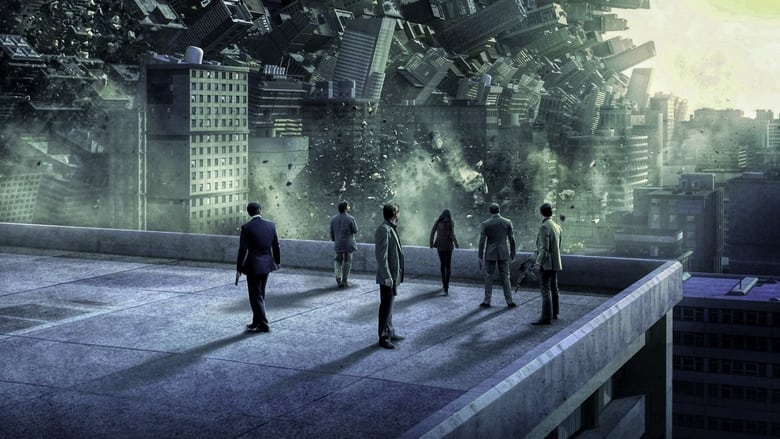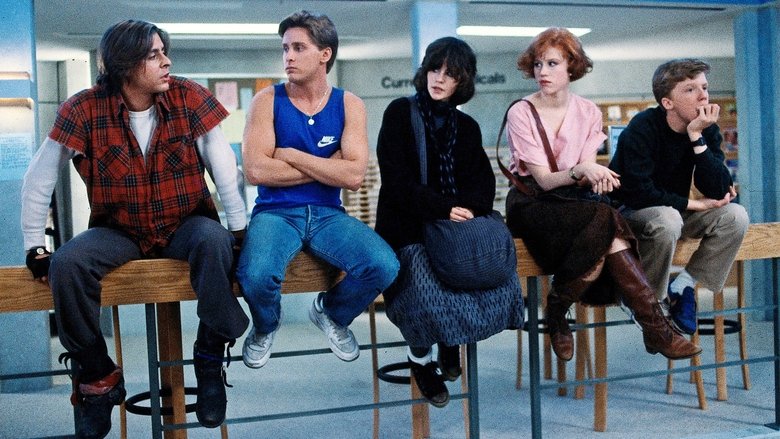Their family name alone evokes horror: Himmler, Frank, Goering, Hoess. This film looks at the descendants of the most powerful figures in the Nazi regime: men and women who were left a legacy that indelibly associates them with one of the greatest abominations in history. What is it like to have grown up with a name that immediately raises images of genocide? How do they live with the weight of their ancestors' crimes? Is it possible to move on from the crimes of their ancestors?


Reviews
What I most appreciated about this film is that you do not have to be of German or Jewish ancestry to understand what is being discussed, you only need to be human. Personally, I am of neither ancestry but I was moved to tears as these candid and innocent descendants of those who both inflicted and suffered through one of the worst tragedies in history. As for the German descendants, they are very much trying to keep the sins of their ancestor from defining them while admitting that they were personally affected by their atrocious actions. Some of their resemblances to their forefathers are uncanny to the point that some can easily be recognized as being the offspring of those who commanded the Third Reich, something that can be shameful or even dangerous.
"Hitler's Children" is a German-Israeli co-production from 2011, so this documentary has its 5th anniversary this year. The director is Chanoch Ze'evi and the crew list here includes several other Israelis, which is not too surprising though given the context. This is a film about the probably darkest era in German history, but with a very specific context. We all know that Hitler did not have any children, but other driving forces in terms of the horrendous crimes of Nazi Germany did and we get to see several people in here who were (mostly) grand children of the guys who did so much evil between 1933 and 1945. We hear all kinds of stories, about people who could not break with what their parents did and occasionally even still support their ideology, but also about people who don't want nothing to do with their ancestors anymore. A bit of everything, and certainly also something right in-between, with people who tried to find at least something good in their (grand)fathers, but may have failed, but whose examination of their family (history) also helped them in dealing with who they are and with who their own (grand)children may be. And lets be honest. Evil is often not necessarily a consequence alone of who these people were, but also with all the outer influence that somehow had an impact on their lives. And evil is not hereditary I am sure. I thought this was an interesting subject here and the filmmakers informed us on a pretty personal topic here that has not (really) been done in films yet. The question of guilt is a very big one in here from start to finish in this fairly short documentary. It only runs for 59 minutes. I recommend everybody with an interest in German history of the 20th century to check it out. Do not miss out.
This film is fascinating, profound and moving. It raises important moral issues and shakes many conventional beliefs.How should we view crimes committed by our parents and ancestors? At what point do our ancestors' acts forfeit our natural (and culturally-encouraged) love for them? Should we even face the facts of their choices and lives? The documentary addresses these issues in the starkest case: by speaking with the relatives of men who committed the worst of crimes. These children and grandchildren bear the family-name of their infamous ancestors while not accepting and, in some cases sharply repudiating, the legacies of those ancestors.Modern society washes away what happened last week, let alone by the last generation. So the current inclination is to simply forget about the past. Yet when the past was atrocious, forgetting it is wrong. At the least, we owe victims of atrocities remembrance of their history and their suffering.This movie should be seen by more people. To understand our present, we need to grapple with our past, including the ugly parts.
Thank you for a documentary without the special effects and booming music that are so prevalent these days! The silence allows the truth and emotions to penetrate to the viewer. "Hitler's Children" is not unduly mawkish, avoids any exploitative tone, and ends on an uplifting note. Don't be afraid to watch it, whoever you are; you will learn something. This is not just about Germany, the Nazis, the Jews. Germany has been inoculated; young Germans I have met in my travels born well after the war still show shame when the subject comes up. We can find hate, intolerance, scapegoating, in many countries, including the United States. And to label these Nazis, monsters that they were, evil is to miss the danger that you or your neighbors might be capable of this, too, in similar circumstances. It is called "conformity."It takes courage to resist these forces. And it takes courage to confront your family's past. How many of us are descended from parents or grandparents who committed some heinous wrong? How many turn away from the truth? That's also who this documentary is for. If you had a parent who was a bad person, consider this. It is a bit glib to talk about "evil" and that these were evil people. Part of what this documentary shows us is that they had families, wives and children whom they loved. Is this the face of evil? No, this is the face of real people who committed horrible acts. In the immortal words of Gilbert & Sullivan:"When a felon's not engaged in his employment or maturing his felonious little plans, his capacity for innocent enjoyment is just as great as any honest man's."This documentary shows how people with feelings can dissociate those emotions from evil acts that boggle the imagination, somehow becoming routine and "normal." Raising a family in a home separated by only a wall and gate from an extermination camp, the ashes from the bodies landing on the strawberries they ate epitomizes this dissociation. For me, it was another leaf in trying to understand my unmet family's past. For my father's family died in the Holocaust, my grandfather, after whom I was named, in Auschwitz; his name and date of death is recorded online. I sometimes try to imagine what he saw on those last days, hours, moments. I don't think he would want to be mourned so much as remembered. These children's accounts help to keep that memory alive. My parents never taught me to hate the Germans. The worst outcome of the Holocaust would be to perpetuate hate. I have known Holocaust survivors. They loved life. They, more than most, were glad to be alive. Happiness is the best revenge, they sometimes say. This is good advice for Bettina Goering, Katrin Himmler, Monika Goeth, Rainer Hoess and Niklas Frank. I can't really forgive them because I have never blamed them. But I forgive you, anyway.Note that January 27 is Holocaust Remembrance Day; Auschwitz was liberated on this day 69 years ago. Please take a moment to remember the victims, Jews and non-Jews, those who died and those who survived; and to think about all the secondary victims, the relatives and even the families of the perpetrators. I wonder, which is worse: to die or to survive with the memory, with your family, your loved ones gone? What was it like to experience being torn from the arms or your loved ones by armed guards, desperately reaching out, looking into each others' eyes for the last time, knowing each of you will be taken to death camps, to die apart?The Holocaust was an attempt at genocide, of Jews and other groups. Please remember that genocide continues today, at this moment, somewhere in the world.The Nazi crimes against humanity extend far beyond the 6 million Jews who died; historians estimate 20,946,000 people died outside of battle:"The Nazi Body Count represents non-battle deaths caused by Nazi Germany between 1933 and 1945. This includes genocide, execution of civilians and POWs, forced labor that resulted in deaths, bombing of civilian populations, imposed famine and resulting diseases, and 'euthanasia.' These numbers do not include civilians who got caught in the cross-fire of battle." - R. J. RummelIt is not ancient history, not yet. Consider that someone who was 16 when Auschwitz was liberated is 85 today, with loved children and grandchildren. Those events had an impact upon my life, even to today, and so they also have had upon countless millions of relatives and descendants, still alive. It will takes decades until we all pass away, and it truly becomes ancient history. But even then it will touch countless lives of those yet unborn.
